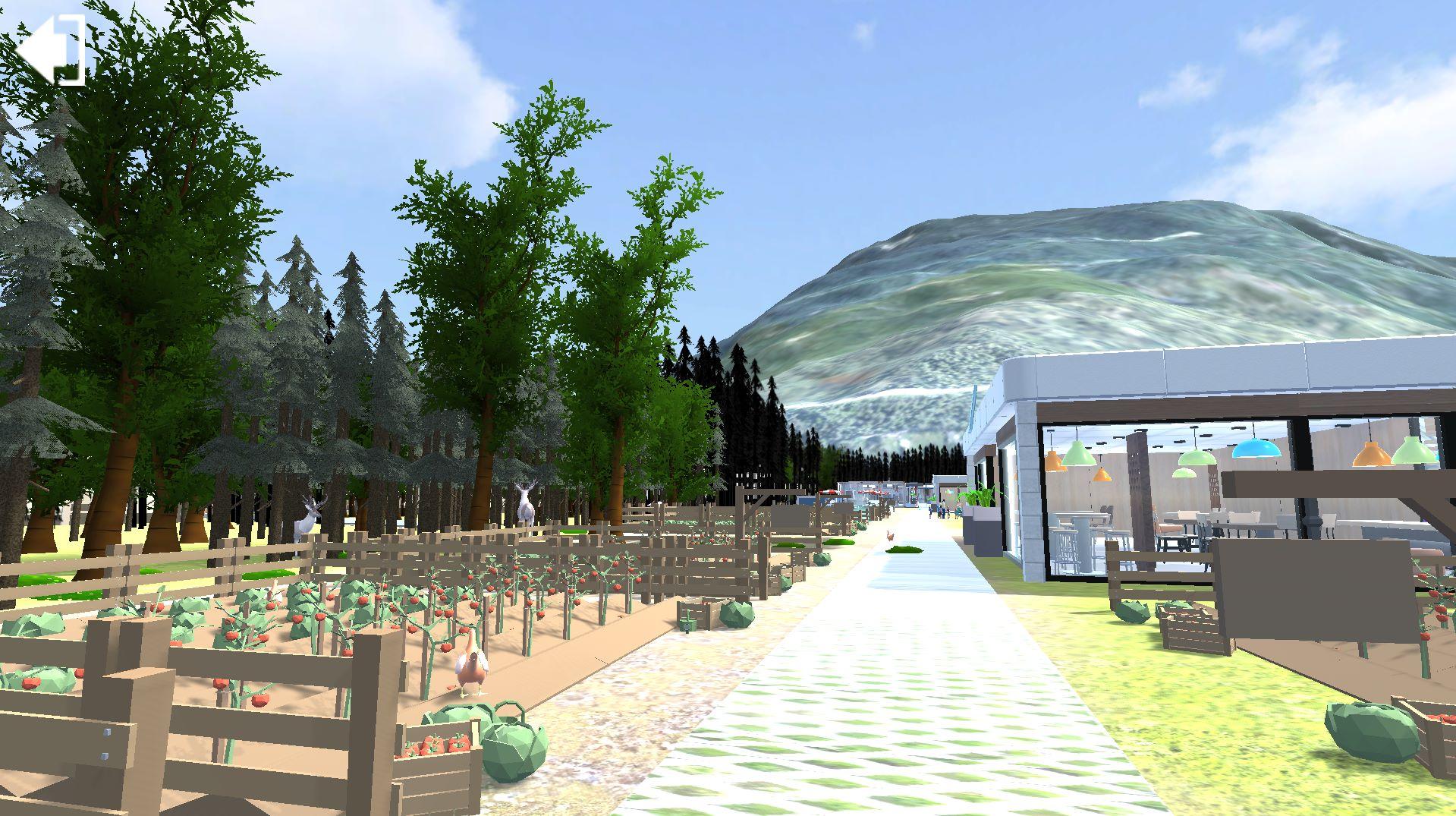Reimagining the future of food

As our world experiences a myriad of sustainability issues such as climate change, environmental degradation, economic disparities, conflict and others, it has become clear that the way we produce, distribute and access food is neither sustainable nor resilient. In other words, “business as usual” is no longer sufficient, and we must change and transform our food systems in ways that support the long-term wellbeing of humans and the environment. However, engaging in such systems change can be challenging, as it involves imagining and making steps toward futures that are quite different from our current conditions and lifestyles. Such challenges present a need for tools and techniques that allow us to think more radically about the range of possible food futures for communities and societies.
Funded by a SSHRC New Frontiers in Research Fund grant, our Reimagining Food Systems for a Sustainable and Equitable Future [R11] project engaged the community of Revelstoke to develop a series of scenarios to stimulate imaginations around what local food systems could look like in the long-term future, specifically in 2100. The research project centred social justice in these scenarios, while developing them with other social, ecological, and economic sustainability considerations in mind. Conducted in collaboration with the Community Connections Revelstoke Society [R12] and the Public Health Association of BC[R13] , the project involved a series of workshops that engaged stakeholders and community members in ideas on and ways of applying social justice and equity to food systems planning and practice.
In June 2023, we conducted a workshop in Revelstoke that involved imagining the potential conditions of local food systems and the community in 2100 if these systems were developed with focus on food supply, food affordability and food governance. The outcomes of the workshop resulted in a series of three scenarios, which respectively centred on the three areas that guided the process of imagining different food futures for Revelstoke (i.e., food supply, affordability and governance). More information of the workshop and scenario development process can be found in the Food Scenarios & Stories Technical Report: Imagining Decolonial and Food Secure Futures in Revelstoke, Canada [R14] report.
Following the workshop, an interactive visualization tool was built using video game development software, which allows users to explore the scenarios from the first-person perspective. A final workshop was held in February 2024, where Revelstoke stakeholders and community members engaged with the visualization tool and considered the possibilities for different food futures in their community. The visualization is now available to the public to try online, and it can be found on the project webpage under the Revelstoke Food Futures Visualization Tool[R15] heading.
The Reimagining Food Systems for a Sustainable and Equitable Future project differs from other research on the use of visualization tools to support local planning in how the imagined/visualized scenarios were dramatically different from the current conditions. Many planning studies that experiment with visualization tools feature visualizations that depict relatively modest changes from current conditions, and this aligns with an incremental approach to community development. In some ways, depicting only modest changes in visualizations can be advantageous, as users of the visualization tools are more likely to regard the scenarios/changes as plausible and implementable in their community. Conversely, when Revelstoke workshop participants explored some of the more radical scenarios in the visualisation tool, they expressed that it was challenging to get a sense of what day-to-day living would be like in such a scenario, as well as how the community and local food systems operate in the scenario.
This being said, if planning research and exercises only focus on modest, incremental changes, there is a risk that we will continue with business as usual in terms how our food systems and communities develop. Therefore, it is useful to conduct planning exercises and employ planning tools that move people outside of their comfort zone and enable imaginations of radically different futures. Although these futures might seem unfamiliar and even absurd, such planning exercises and tools could be complemented with activities that stimulate thinking about the steps, events and interventions needed to reach such a future. It is through such an approach to local planning that we can enact systems change in food systems and beyond, rather than continuing along and reinforcing our current unsustainable development pathway.
Reference
Dring, C., MacLachlan, E., Hemphill, M., & Newell, R. (2024). Food scenarios and stories technical report: Imagining decolonial and food secure futures in Revelstoke, Canada. Transdisciplinary Research on Integrated Approaches to Sustainability (TRIAS) lab, Royal Roads University. http://dx.doi.org/10.13140/RG.2.2.19211.05926/1